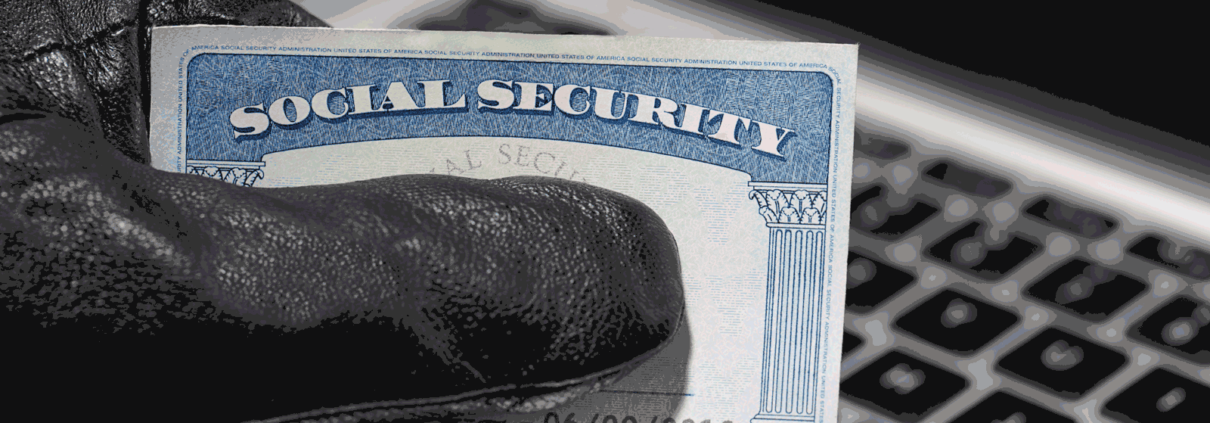New Year = time for tax ID thieves to pounce – Fraud.org
Happy New Year! Now, file your taxes! Although many of us don’t start thinking about filing our taxes until the flowers start to bloom, there is one group of people who enjoy filing taxes as early as possible: tax identity thieves.
Tax ID fraudsters file early because they have a treasure trove of stolen personal information (names, dates of birth, Social Security numbers), and they’re eager to use that information to steal other people’s tax refunds. The scam only works for returns that haven’t been filed by legitimate consumers, so fraudsters are highly motivated to file as early as possible.
Never heard of this scam? It’s a bigger problem than you might think. Tax ID theft was the biggest form of ID fraud reported to the Federal Trade Commission in 2014. Estimates are that this form of fraud costs consumers $5.2 billion each year.
The scam works like this: a tax ID fraudster, often part of a ring of scammers, will file dozens or even hundreds of phony returns with other consumers’ personal information on it. The goal is to trick the IRS into issuing a tax refund (often on an easily-cashable prepaid debit card) before the legitimate taxpayer can file. That’s the reason that tax ID fraudsters love January and February. Hardly anyone files that early, so it gives scam artists a window of opportunity to file ahead of everyone else and collect the refund. Typically, the first inkling that a legitimate taxpayer gets that she might be a victim is when her return gets denied by the IRS — because the scammers already filed in her name.
It gets even worse: a popular tactic of tax ID fraudsters is to use stolen children’s personal information and claim them as dependents in order to obtain an even bigger refund.
While the IRS claims state tax authorities and tax preparation firms are taking steps to reduce the prevalence of this scam for the 2016 filing season, few expect their new defenses to put a stop to this fraud completely. That’s why it’s so important for consumers to proactively take steps to reduce their risk of becoming a victim.
First and foremost: File early.
The best defense against this is to file as early in the tax filing season as possible. Consumers who put off filing their taxes until the deadline gives scammers the maximum amount of time to run their scam. While the IRS will accept returns as early as January 1, most consumers will have to wait until the end of January, when they receive their W-2 forms. Once you have that critical piece of information in hand, our advice is to start working on your state and federal returns immediately. This is especially true this year, since online tax preparation firms will be instituting new security measures that may require consumers to spend additional time completing their returns.
Second: Protect your personal information.
Taking steps to reduce the exposure of your personal information online is a smart strategy any time of the year. This is doubly true during tax time since tax ID thieves will be trolling the Internet in search of personal information they can use to commit fraud. Good steps include installing updates to your computer software promptly (especially operating systems, Web browsers, and Microsoft Office), changing passwords on social media and web mail accounts (without reusing the same password across multiple accounts!), turning on two-factor authentication, and checking your credit report for unauthorized activity.
Third: Beware of phishing emails.
Tax filing season is a popular time for phishing emails – emails that purport to come from an organization you know, but in fact come from scammers. Phishing emails are designed to trick you into clicking on a link or attachment that installs malware on your computer. That malware could harvest personal information like passwords or other sensitive information that tax ID thieves can use to files their phony returns. In particular, if you receive emails purporting to be from your bank, the IRS or even the police or FBI, do NOT click on any links or attachments. Instead, look up the customer service telephone numbers for these organizations and contact them on your own if you’re concerned.
While there’s no silver bullet for preventing tax ID fraud, you CAN take steps to reduce your risk of becoming a victim. However, if you do fall victim to tax ID fraud, report it promptly to the IRS and your state tax authorities. They have programs in place to help you recover from these scams and help make sure it doesn’t happen again. For more tips on reducing your risk of tax ID fraud and a step-by-step guide for addressing it when it happens, visit our Fraud.org for our tax ID fraud guide.








